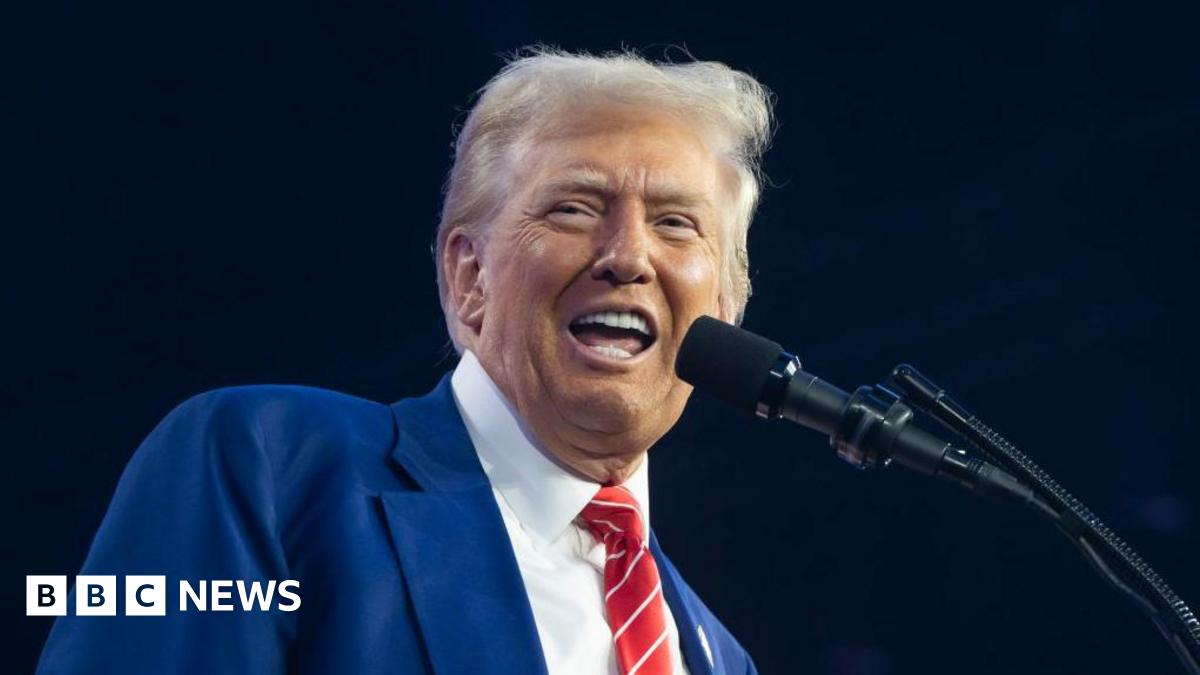President-elect Donald Trump ran on a platform of isolating the US from foreign conflicts like the Ukraine war, increasing tariffs on foreign trade partners, and rebuilding domestic manufacturing.
But in recent days he has suggested a more outwardly aggressive approach for his foreign policy.
At first, he joked about Canada being an additional US state. Since, he has threatened to take back control of the Panama Canal. He also reiterated a desire from his first term to own the autonomous Danish territory of Greenland, which is not for sale.
The US is unlikely to take control of any of these regions. But these statements could indicate that Trump’s “America First” vision includes flexing the superpower’s muscle beyond its borders for US trade and national security interests.
On Sunday, Trump told a conservative conference in Arizona that Panama was charging US ships “ridiculous, highly unfair” fees to use its namesake canal.
After taking charge of building the canal in the early 20th century, the US turned full control over to Panama in the 1970s via a treaty. But this week, Trump said that if the “rip off” did not stop, he would demand the canal be returned to the US – though he did not specify how.
Trump added he did not want the Panama Canal “falling into the wrong hands” and specifically cited China, which has significant interests in the waterway.
“There’s a real US national security interest… in controlling its neutrality,” Will Freeman, a fellow on Latin American studies at the Council on Foreign Relations, said of Trump’s remarks.
“Trump’s statement is mostly about that.”
China is the second-largest user of the Panama Canal after the US, according to data. It has major economic investments in the country as well.
In 2017, Panama cut diplomatic ties with Taiwan and recognised it as part of China, a major win for Beijing.
The Panama Canal is not only essential for US trade in the Pacific, Mr Freeman said – in the event of any military conflict with China, it would be needed to move US ships and other assets.
He also noted Trump’s frequent comments about trade partners’ unfair treatment of the US, as well as the president-elect’s pledge to sharply increase tariffs on foreign goods, particularly those from China.
Trump’s complaints about shipping fees seemed to reflect his views on trade, Mr Freeman said.
While the statements might be “coercive”, said Mr Freeman, it remained to be seen “whether canal authorities lower fees on US cargo in response to the threat”.
Panama’s President José Raúl Mulino has released a statement saying that the canal and the surrounding area belonged to his country – and would remain so.

